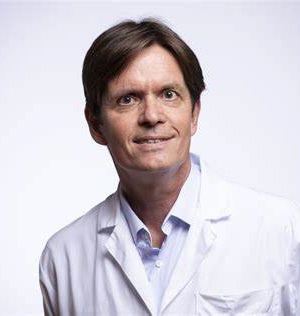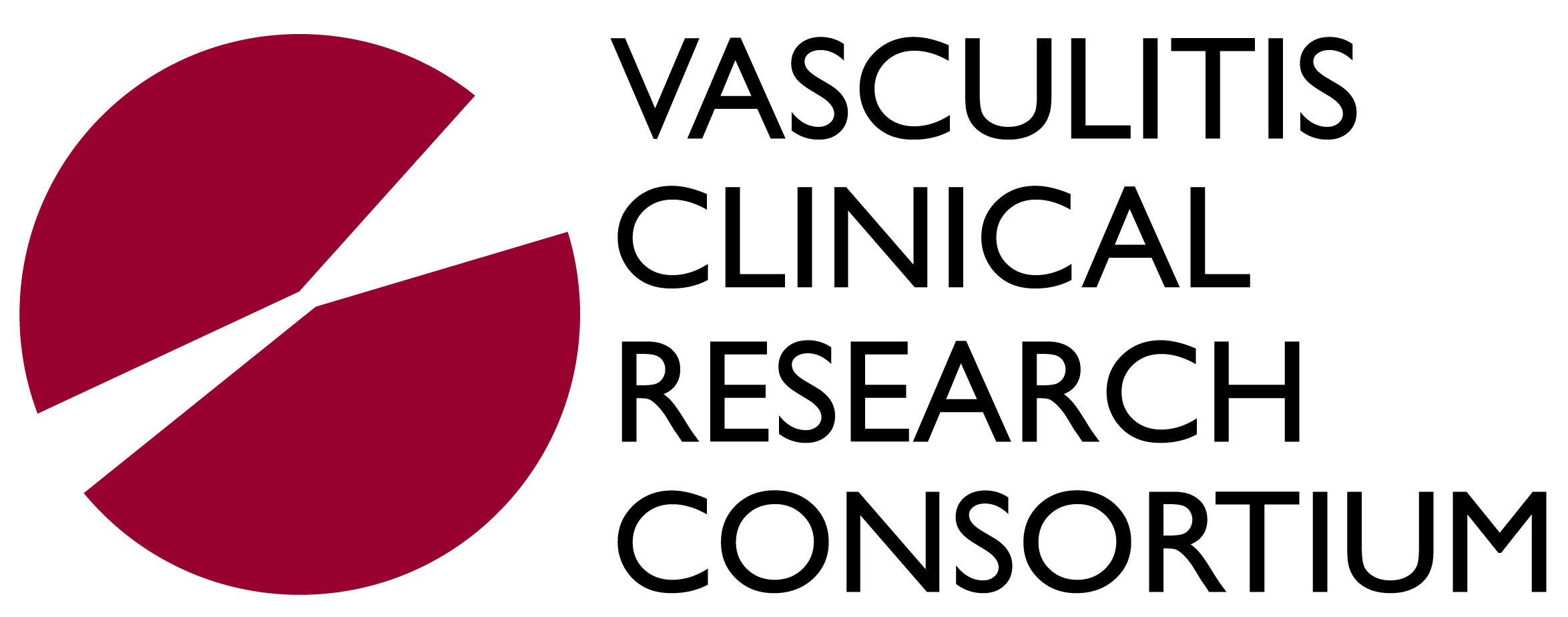Alfred Mahr, MD, MPH, PhD

Alfred Mahr, MD, MPH, PhD, is a physician, faculty member, and head of the Internal Medicine Department, at Hospital Saint-Louis, Paris, France. Dr. Mahr completed his VCRC Fellowship (2005-2007) at Boston University Medical Center, with Peter A. Merkel, MD, MPH, as his mentor. Dr. Mahr is an active member of the European Vasculitis Society (EUVAS) and continues to collaborate with the VCRC.
This interview with Dr. Mahr was conducted by the Vasculitis Foundation, December 2006.
Dr. Alfred Mahr was born in Germany and at the age of four he moved to France for the next five years. His whole family fell in love with France and though they returned to Germany when he was nine, they visited often for vacations. France would become Dr. Mahr’s second home.
Dr. Mahr knew in high school that he wanted to attend medical school. His father was an engineer and his mother a physical therapist, but his grandmother, great-grandfather and great-great-grandfather were also doctors. Dr. Mahr knew that he wanted to work with people and medicine was a perfect balance between an intellectual challenge and humanitarian work. That mixture drove him to become a doctor and is what continues to motivate him today.
Once Dr. Mahr finished high school in Germany, he moved to Montpellier in the south of France to attend medical school, the oldest in the country, and complete his residency in internal medicine. He then moved to Paris to specialize and complete his fellowship. Dr. Mahr’s wife, Laurence, is also a physician and they have a five-month-old baby named Simon.
While doing rounds in various specialties, he met his first vasculitis patient in 1995 when he was a fellow in internal medicine. The patient initially presented with fevers and muscle aches. It took quite a while to unravel the nature of the patient’s disease before he could be diagnosed with polyarteritis nodosa. Soon thereafter, he saw an elderly lady with microscopic polyangiitis involving the kidney. At that time, Dr. Mahr became intrigued by vasculitis. He felt that, because they were rare and presenting so differently from patient to patient, vasculitides were more difficult to understand and recognize than many other diseases he has taken care of since then.
In 1997 he decided to complete rounds with Dr. Loïc Guillevin who is the head of the Department of Internal Medicine at Hôpital Cochin in Paris and a prominent expert in the field of vasculitis in Europe. Folks come from many countries to seek his help. During his rounds with Dr. Guillevin, Dr. Mahr came to see many patients with different forms of vasculitis. At that time, he decided to devote his medical thesis to granulomatosis with polyangiitis (Wegener’s). After completion of his fellowship in 1998 he accepted an offer to return to Dr. Guillevin’s department as a faculty member, a position that he has not left until now. Since 1998, he has continuously worked in the field of vasculitis and has learned to take care of various types of vasculitis including granulomatosis with polyangiitis (Wegener’s), microscopic polyangiitis, polyarteritis nodosa, Behçet’s disease, eosinophilic granulomatosis with polyangiitis (Churg-Strauss), giant-cell arteritis, Takayasu’s arteritis, and others.
During this time, Dr. Mahr also completed a master’s in public health and began to foster his personal research by combining his interest in vasculitis with epidemiology. Epidemiology can be defined as a field of study that searches to understand the triggers and causes of diseases. Dr. Mahr has accomplished different studies conducted on the prevalence of vasculitis in the Parisian region, which include an investigation of factors that predict the severity of vasculitis and a study of links between use of particular anti-asthma drugs and eosinophilic granulomatosis with polyangiitis (Churg-Strauss). Dr. Mahr is also working on his Ph.D. thesis in Public Health, which he plans to submit in 2007 on the theme of vasculitis.
While attending various meetings, Dr. Mahr met Dr. Peter Merkel who, in time, invited him to come to Boston and work on vasculitis research by enrolling in a fellowship program with the Vasculitis Clinical Research Consortium (VCRC). Boston proved to be an excellent location for Dr. Mahr because the Vasculitis Center in Boston has both the skills in vasculitis and the tradition of doing epidemiological studies. The position couldn’t be more perfect for the studies that he is currently working on. He took a sabbatical from his position in Paris for two years and came to Boston in November 2005.
Dr. Mahr’s primary goal as he works in Boston is to become more skilled in research. He is grateful he has the opportunity to study here and is learning a lot in the United States from a scientific and a personal standpoint. He is taking advanced classes in statistics, genetics, and research methods. Dr. Mahr is also conducting new studies of granulomatosis with polyangiitis (Wegener’s), eosinophilic granulomatosis with polyangiitis (Churg-Strauss), giant cell arteritis, and other topics. When his training in Boston is completed in November 2007, Dr. Mahr plans to return to Paris where he will continue to work with Dr. Guillevin. However, he hopes to continue collaborating with physicians from the United States as well as from other parts of the world. For rare diseases such as vasculitis, it is crucial that physicians and researchers from different countries combine their efforts to keep moving forward in the understanding and treatment of these illnesses.
Dr. Mahr enjoys taking care of his patients. He feels privileged in his role as their doctor and of being able to assist them while they are going through a difficult patch. He feels that a good relationship between a patient and his doctor should be built on one of complete trust and confidence. Dr. Mahr encourages his patients to tell or ask him everything they have on their mind. His motto is “There is nothing to hide” and “There are no stupid questions”!

